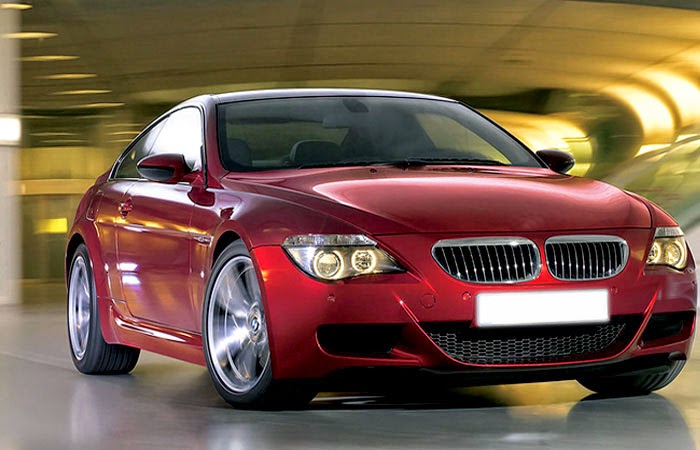Do I need health insurance?
To determine whether you need health insurance or not we
first need to deduce what health insurance is. Only then can you make an
informed decision as to whether you need it or not.
What is health insurance?
Health insurance covers medical expenses for illnesses,
injuries and conditions. When taken out privately by an individual it is something
paid for by the individual, which differs from when taken out through an
employer.
Health insurance is a type of insurance coverage that covers
the cost of an insured individual's medical and surgical expenses.
A health insurance policy works in a similar way to car
insurance or home insurance, you choose a plan and agree to pay a certain rate,
or premium, each month.
Why should I get health insurance?
- Because accidents or health problems can happen at any time
- High quality private Medical expenses can be high
- To gain access to a network of private doctors and hospitals that have negotiated lower rates with insurance companies
- To pay and keep track of medical payments quickly and easily
- To safeguard your way of life and your family’s physical and financial wellbeing without having to rely on free medical services provided by any government
Is health insurance worth it?
This question very much depends on your individual
preferences and circumstances. If you do not want to rely on government
hospitals, waiting lists or clinics and can afford the premium then yes it can
be worth it for you.
Private health insurance will give you access to quicker
services, provide better hygiene standards, you can push for more checks and you
can gain access to specialist care.
For health insurance in Nigeria check out Mansard
Health Insurance





